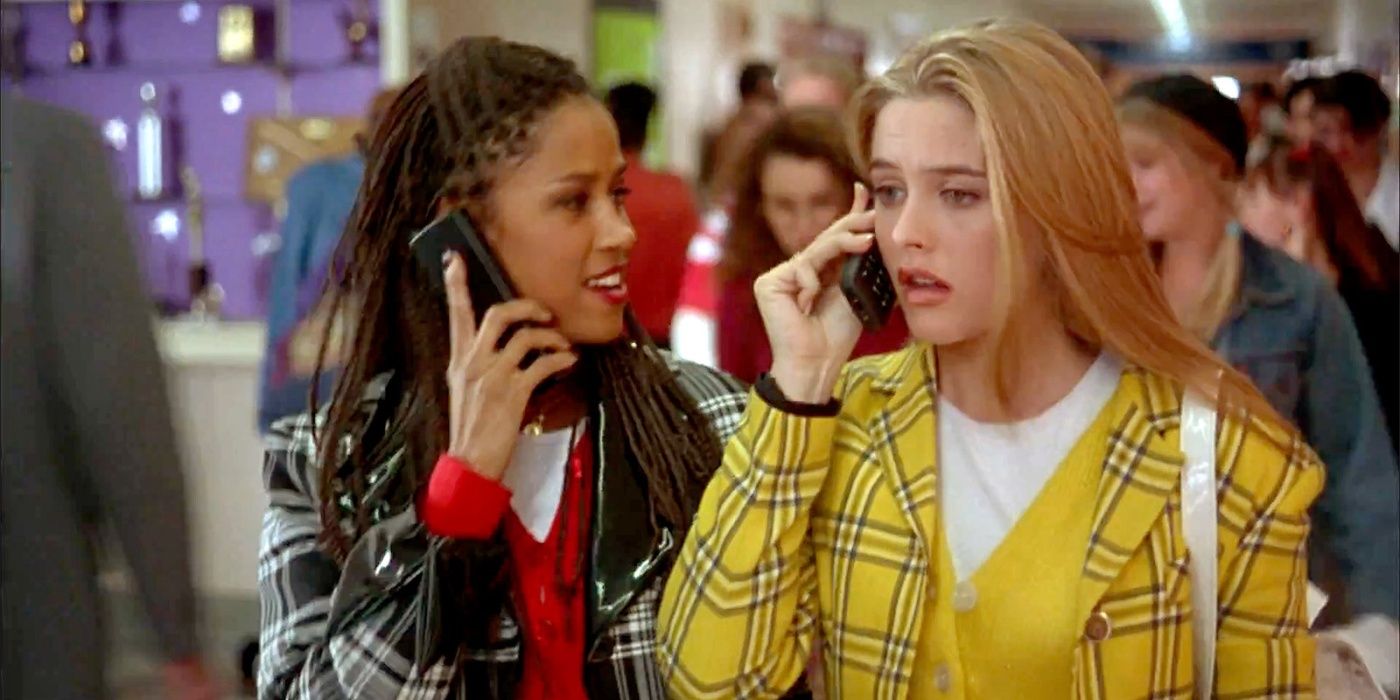Getty Images via UnSplash
I couldn’t help but be interested in the topic this week instead of a wildcard. So, sharing people’s stories: podcasting. That’s interesting topic in my opinion.
I’ll share a little tidbit story of mine, I never was interested in podcasts, and it’s not due to popular opinion (some folks discredit podcasts because I believe it got too popular) But for me, I just prefer music in my car radio, I wouldn’t be a decent driver without music, I guess that’s my ADHD quirk.
So, in my downtime, I do have an interest in podcasts but in a different language. I’m not so fluent but I do love listening to podcasts in Japanese. I love Japanese voice actors, as coined in Japanese “seiyuu”/seiyū/声優. They spark an interest due to my love for anime. Sometimes, they talk about their life stories but in a private matter since some are very private about their home lives. Their podcasts help me try to grasp the language because Japanese media such as Anime or Dramas don’t have a good take of everyday Japanese. I find them typically on YouTube when a translator feels like putting the podcasts/radio out there. Sometimes there is a link on twitter that I find lucky and get access thanks to a VPN.
And some podcasts I do find interesting, for instance like actor ones like Michael Rosenbaum’s, I just only seek out clips of them.
So, in the matter of my attention span, and language interest, that is what sets a precedent for my interest in it.
Nonetheless, seeing podcasts being shared by Michael Stephens, I wanted to reflect on the “Office Hours: With a Little Twist & Power of the Pod” blog post and Eberhart’s article about StoryCorps.
In the article, “Sharing People’s Stories”, it shows the impact that StoryCorps has on the audio storytelling, and how it can be a future for our libraries. Reading that NPR had a Sunday morning edition with Interviews from StoryCorps with people and their family members, it made me think of family who shared stories with me. Like my grandpa at the dinner table telling me that my great-grandma had no teeth and how she loved steak despite it. Seeing how they are sharing resources to empower people to share their stories, giving them a course to teach the basics of creating their own podcast. The library can make it happen, to make your voices thrive. As in the Office Hours by Michael Stephens, one of those voices is a mother of two autistic children and has a “Sensitive Storytime” program for all kids including the ones on the spectrum to participate.
Thus, in the end, my mind is changed a bit on podcasts, while I do prefer listening to music on my car drive (it’s a must, or else my driving wouldn’t be great), I will check out StoryCorps on my downtime due to the matter of Sharing People’s Stories and how the world of podcasts came to be in the library and our community.
References
Eberhart G.M. (2018, February 10). Sharing People’s Stories. American Libraries Magazine. https://americanlibrariesmagazine.org/blogs/the-scoop/sharing-peoples-stories/
Stephens, M. (n.d.). Office hours: with a little twist & power of the pod – INFO 287 – the hyperlinked library. https://287.hyperlib.sjsu.edu/office-hours-with-a-little-twist/







